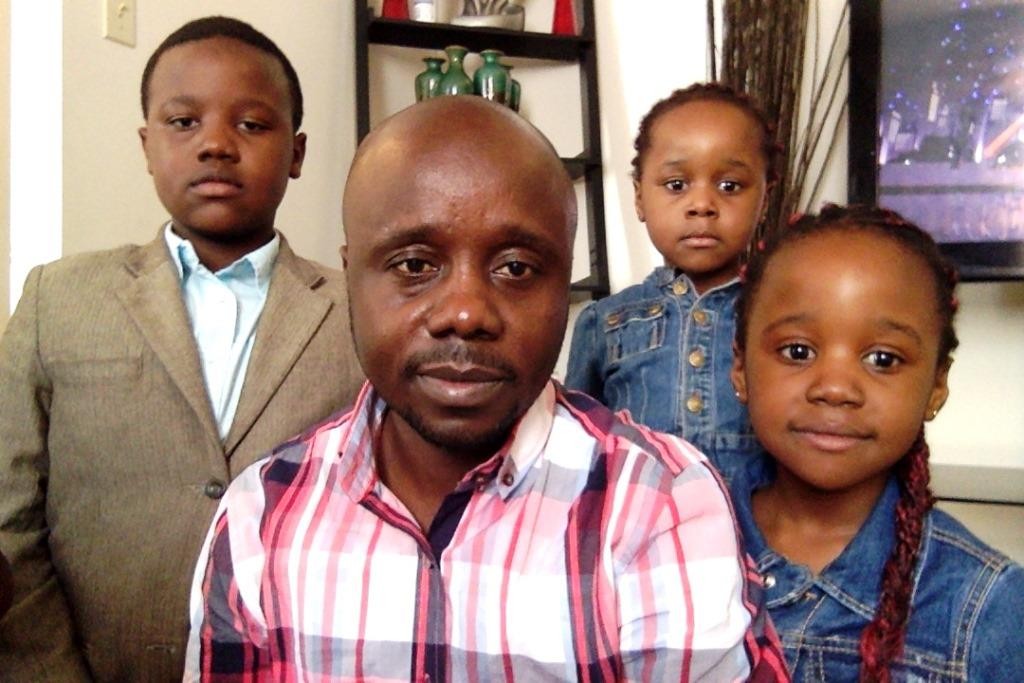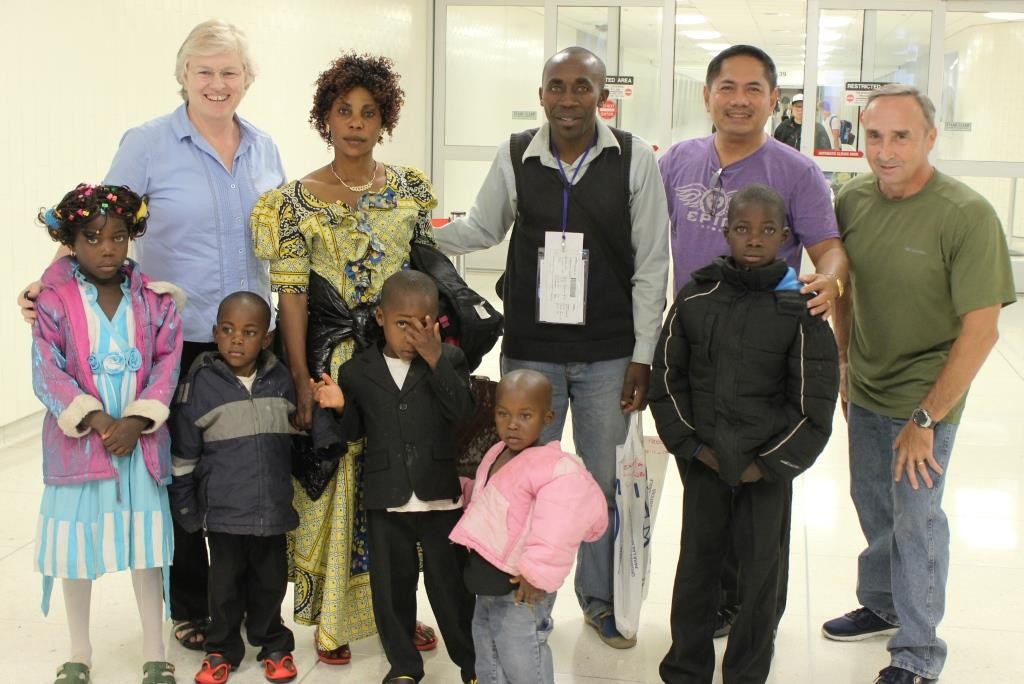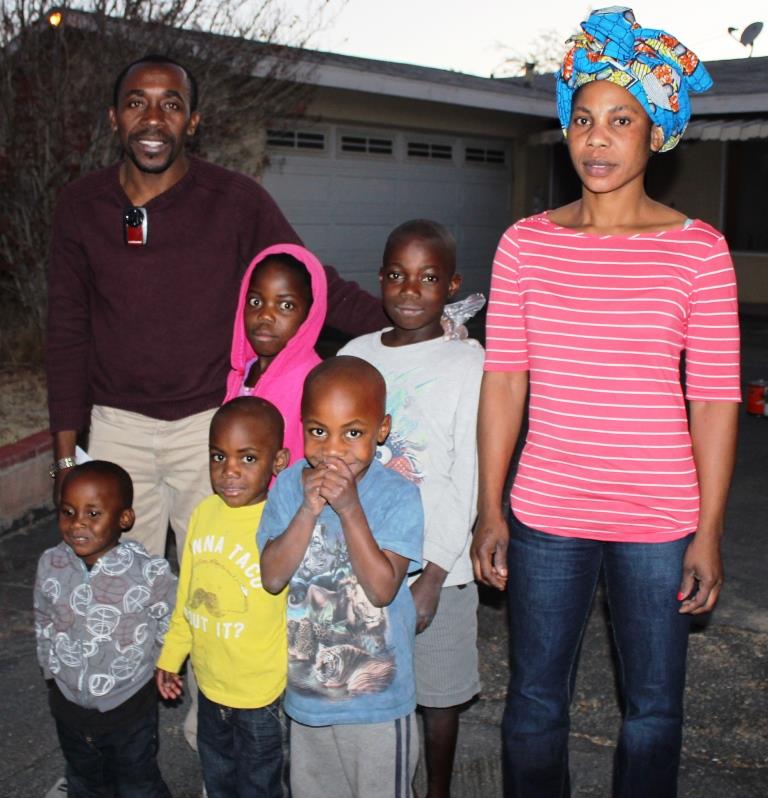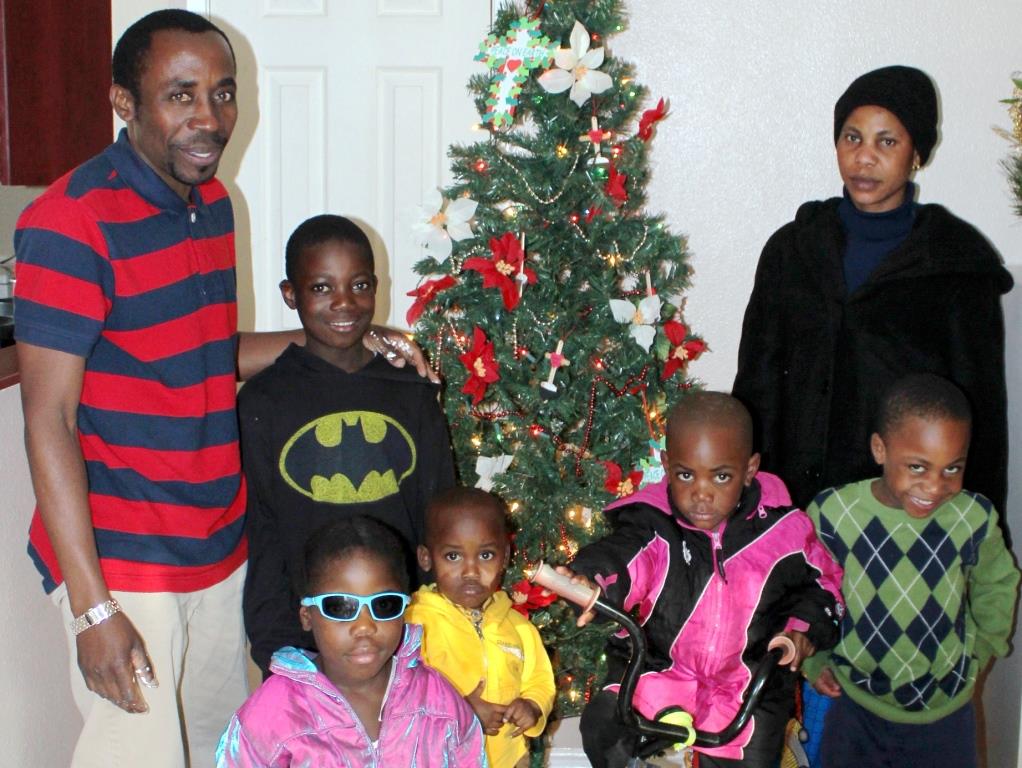Dear Pastors and Ministry Leaders:

In 2014, nearly 60 million people were displaced from their homes and native countries by war. The spotlight in 2016 is on the crisis in Syria where almost half the population have become refugees, leading to the largest migration in human history. This global refugee crisis must not be ignored. But how can GCI congregations respond?
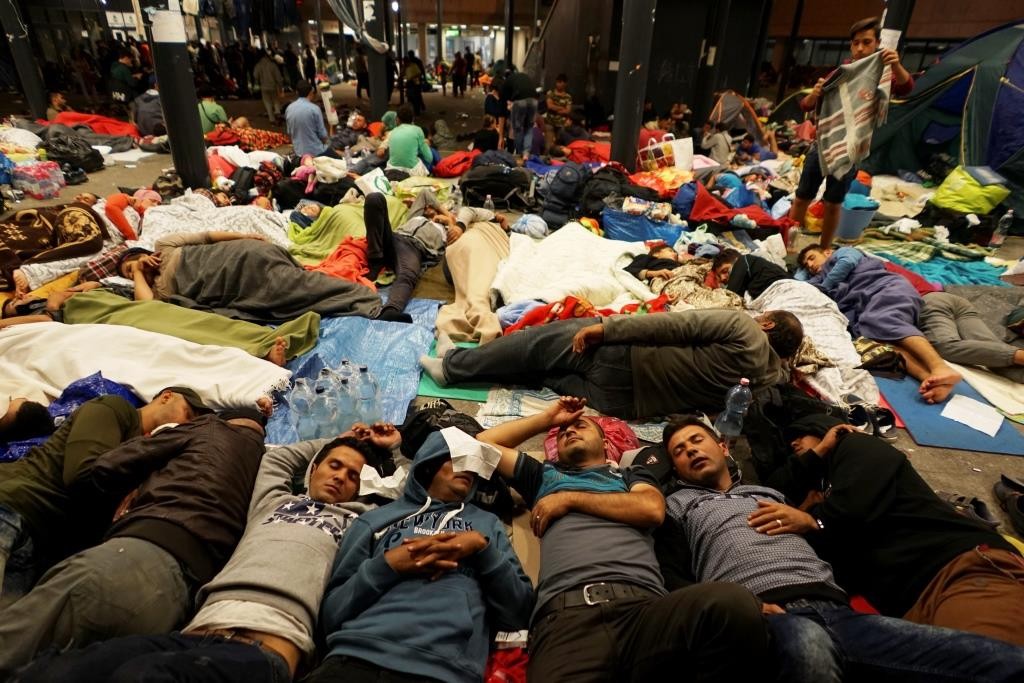
In January I attended the GC2 Summit near Chicago. It addressed the global refugee crisis and the church’s response. Before the conference I wondered what I would learn that would apply to a small denomination with little churches. The Spirit opened my eyes, and I learned a lot.
I’m thankful GCI’s churches, ministries and missions have a good reputation around the world. However, most of what we do is inwardly-focused. There are millions of refugees in the world who are suffering greatly and we can help—not on our own, but by partnering with the larger body of Christ.
Pastor Bill Hybels of Willow Creek Community Church recently told his congregation that, “The refugee crisis is too big for us to sit this one out.” I agree, and I sense Christ calling us to participate more actively in what he is doing to help refugees. Each of them is a beloved child of God and we are called to assist in meaningful ways. In doing so, we must, of course, exercise wisdom. One Summit speaker warned against being an “SUV” (a Spontaneous, Unaffiliated Volunteer). Doing so is a common mistake as people, moved by their emotions, don’t count the cost before jumping in. Gaining knowledge and training is the place to start and here are some helpful resources recommended at the Summit:
- Refugee Highway Partnership
- International Association for Refugees
- World Relief
- World Vision (click here and here)
As you’ll learn in the other articles in this issue, serving an individual refugee or refugee family is intensive work with many details, especially on the front end. But it’s a two-way path with both parties sharing and being enriched. While the refugee is recipient of quite a lot of goods and services as they resettle, the assisting church is blessed by the cultural enrichment and the forming of new relationships.
I encourage your congregation to get involved. As you consider doing so, ask these two questions: 1) What do we do well? 2) How does that match up with the refugee needs in our community? True help occurs when your congregation’s resources match well the refugees’ needs.
Also remember that it’s best to help in ways that are relational. James Misner of World Relief challenged those at the Summit to identify a refugee living in their neighborhood and take them a plate of cookies, and then be willing to listen to their story. As we do, our hearts cannot help but respond with love and compassion.
Rather than church growth, our primary goal in helping refugees is, in a culturally sensitive way with no strings attached, to extend Jesus’ love and generosity. We do so knowing Jesus will meet us and the refugees in the midst of a growing relationship, and just as we graciously receive these new friends into the physical communities where we live, we also can invite and welcome them, if they so desire, into the fellowship of the church where we worship.
Our response to the refugee crisis must be one of love, not fear. It is Jesus’ love that compels us to respond, and we do so in the power of his faith, hope and love. This crisis provides opportunities for your congregation to rise up and be Jesus’ hands and feet in serving hurting, displaced people—one person, or one family, at a time. Our goal is not simply to provide a place for these immigrants to live, but to provide a place for them to belong. Will your congregation be that place?
As you read the other articles in this issue, and research the websites linked above, you’ll find compelling stories of human suffering. As you do, I pray that not only will your heart be broken for their pain, but that your heart will be expanded so that you see where and how your congregation can make a positive difference.
If your congregation is already reaching out to help refugees, I thank you, and I encourage you to share what you’ve learned in the leave a reply (comment) box below.
Yours in Christ,
Greg Williams

